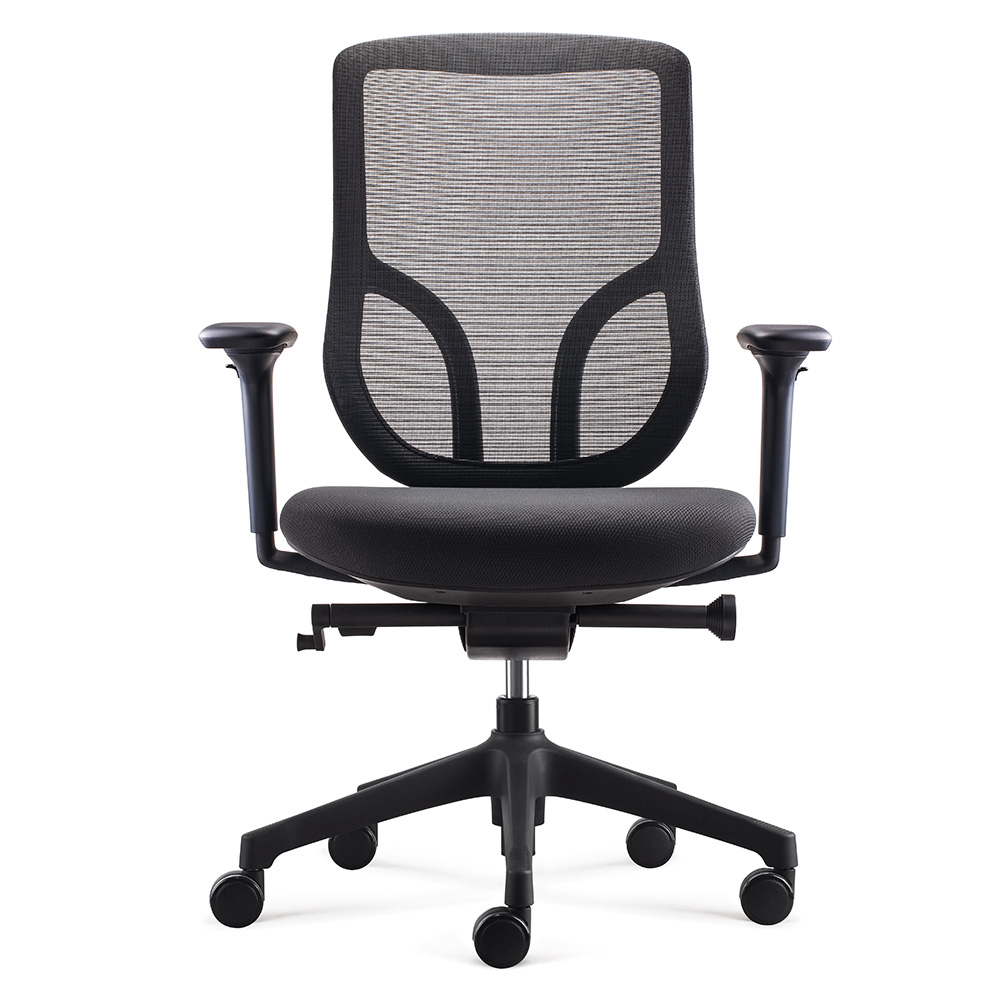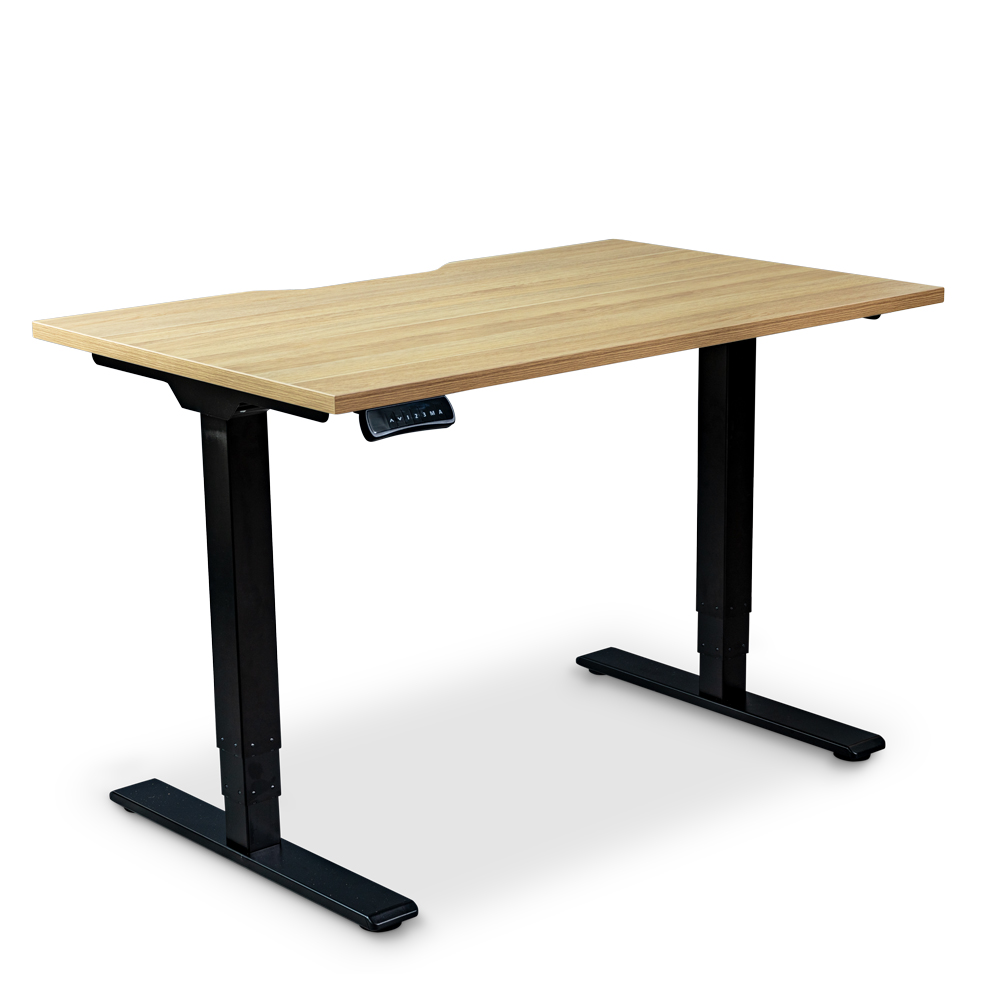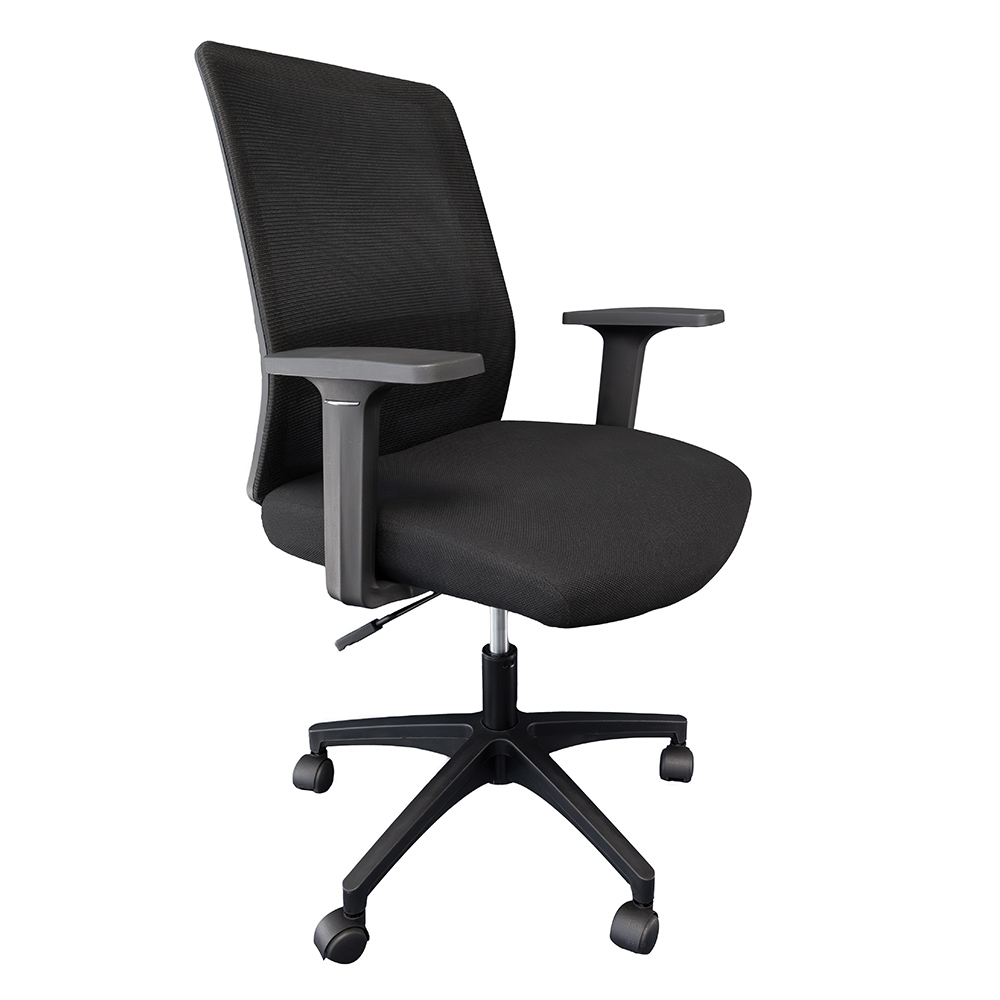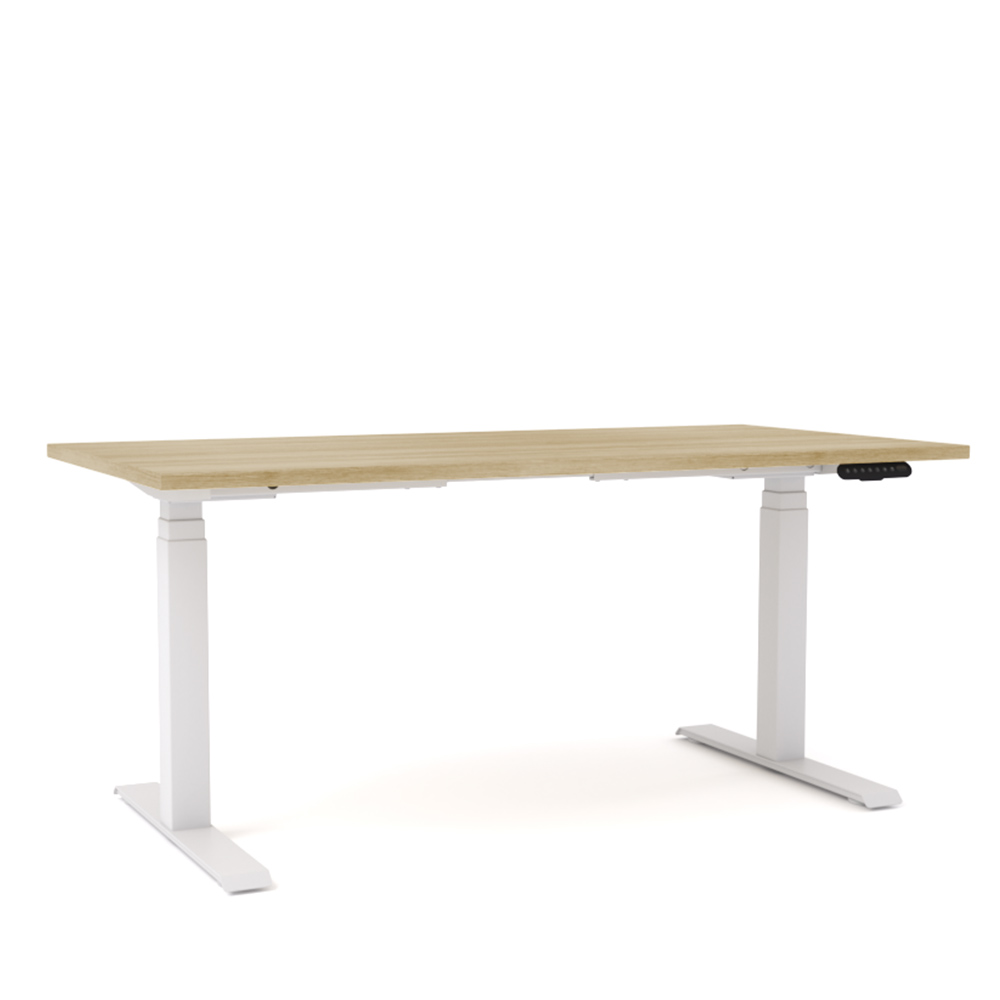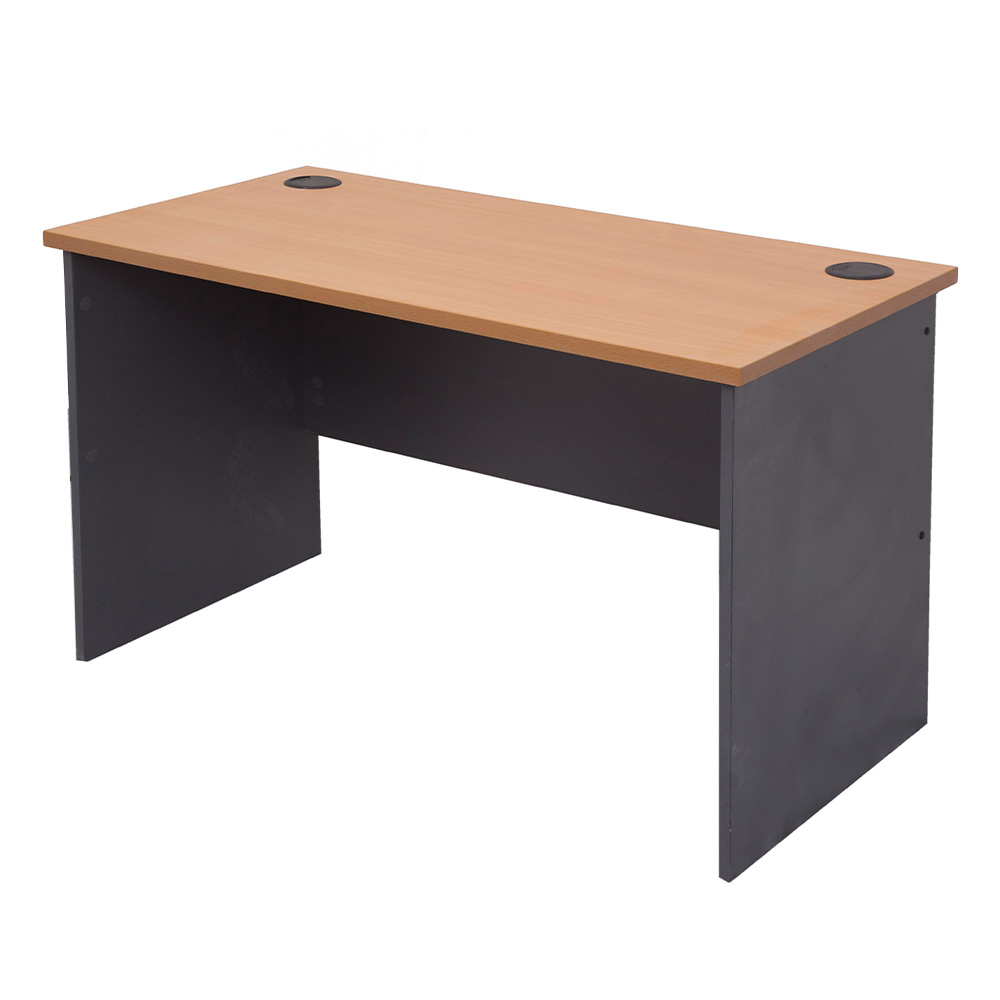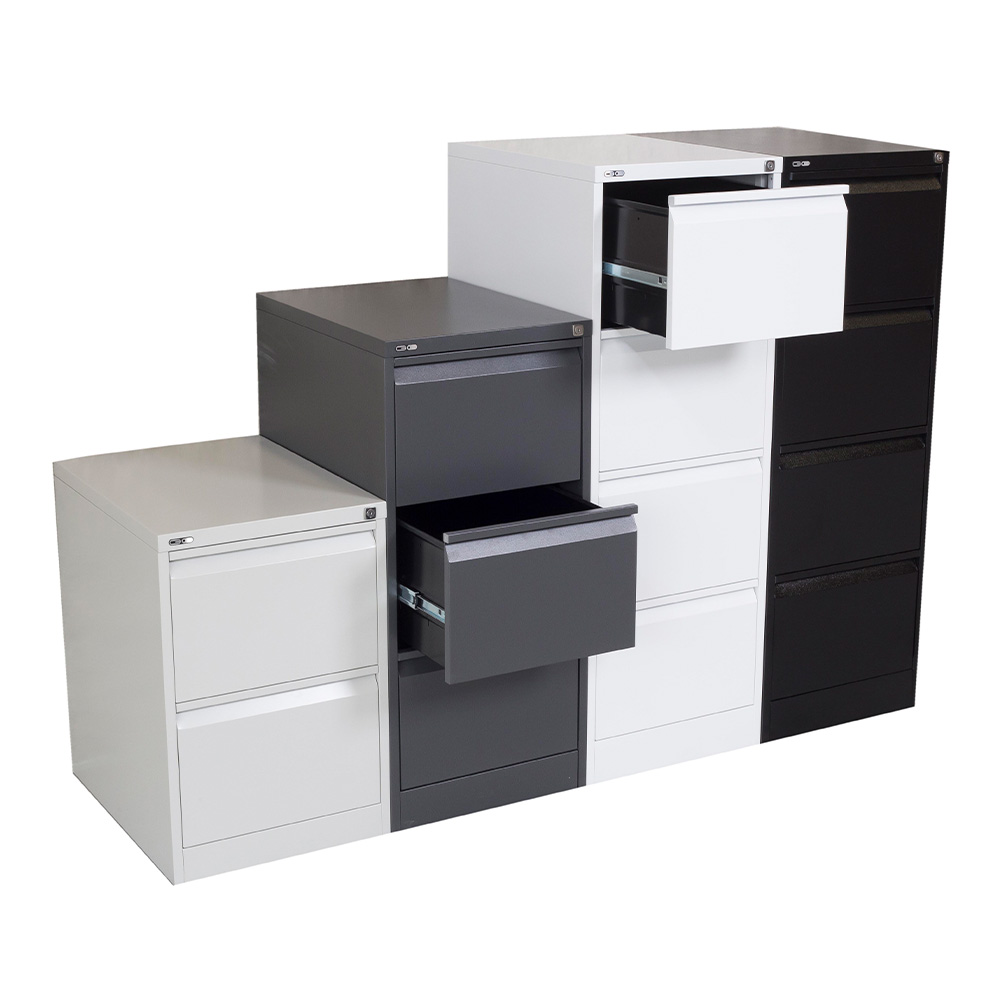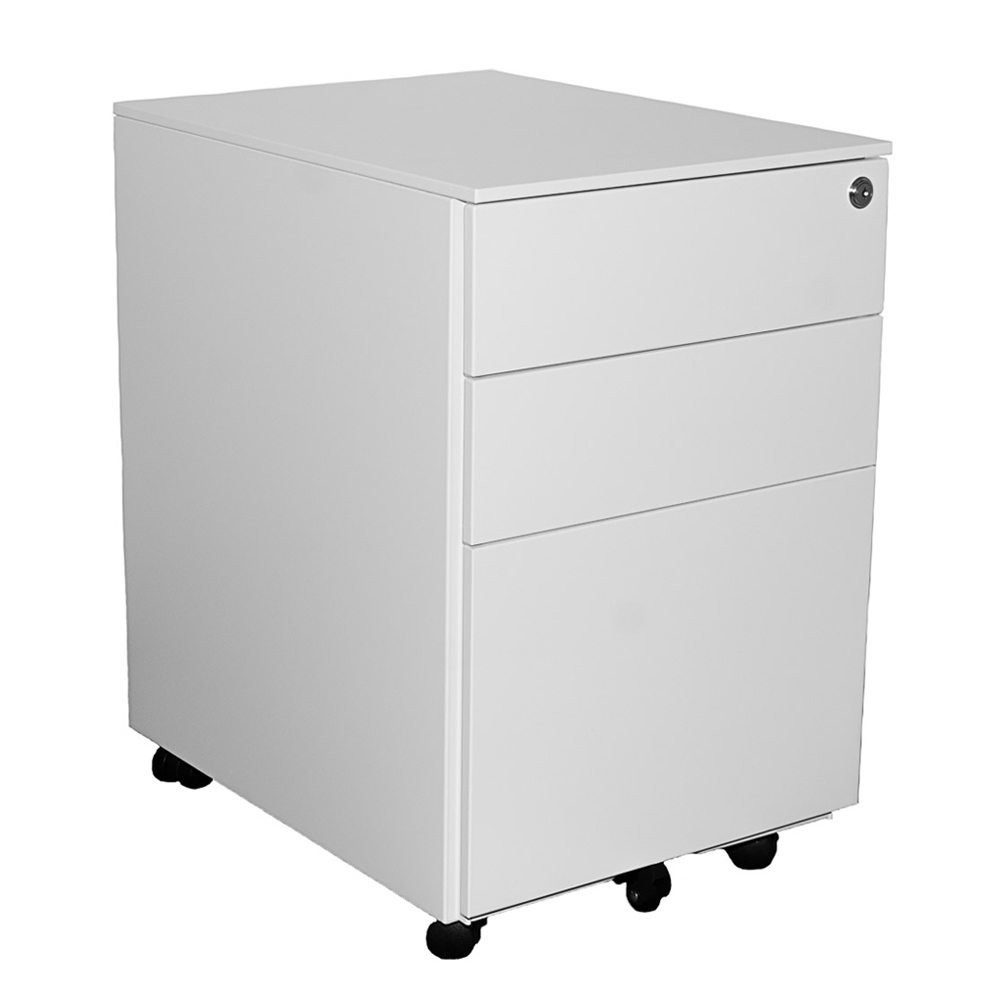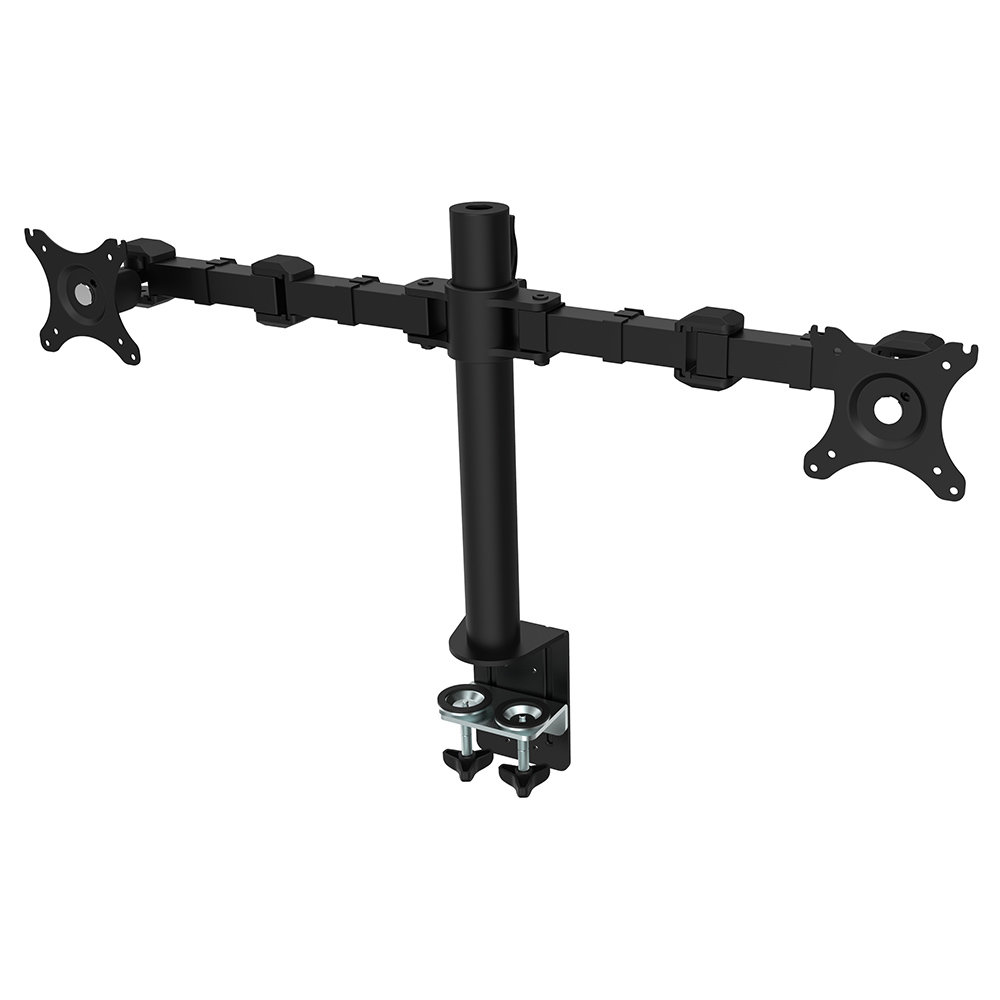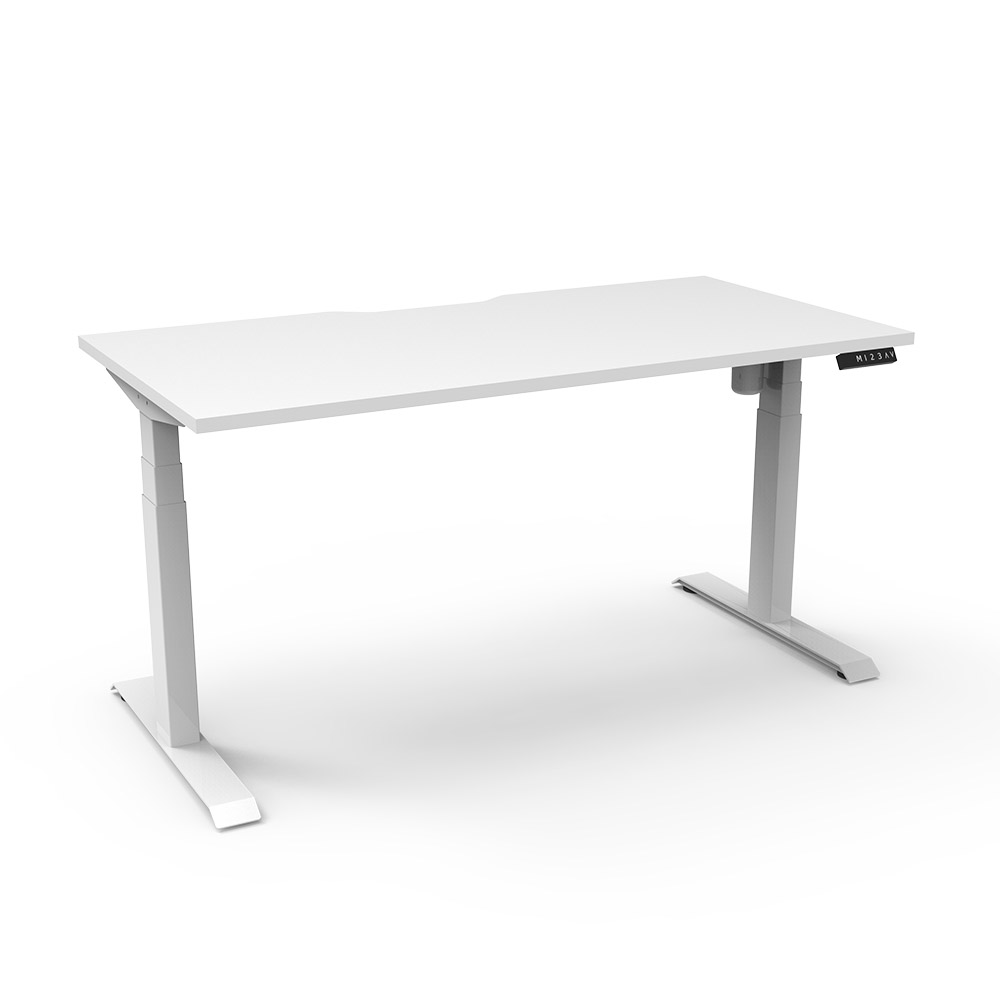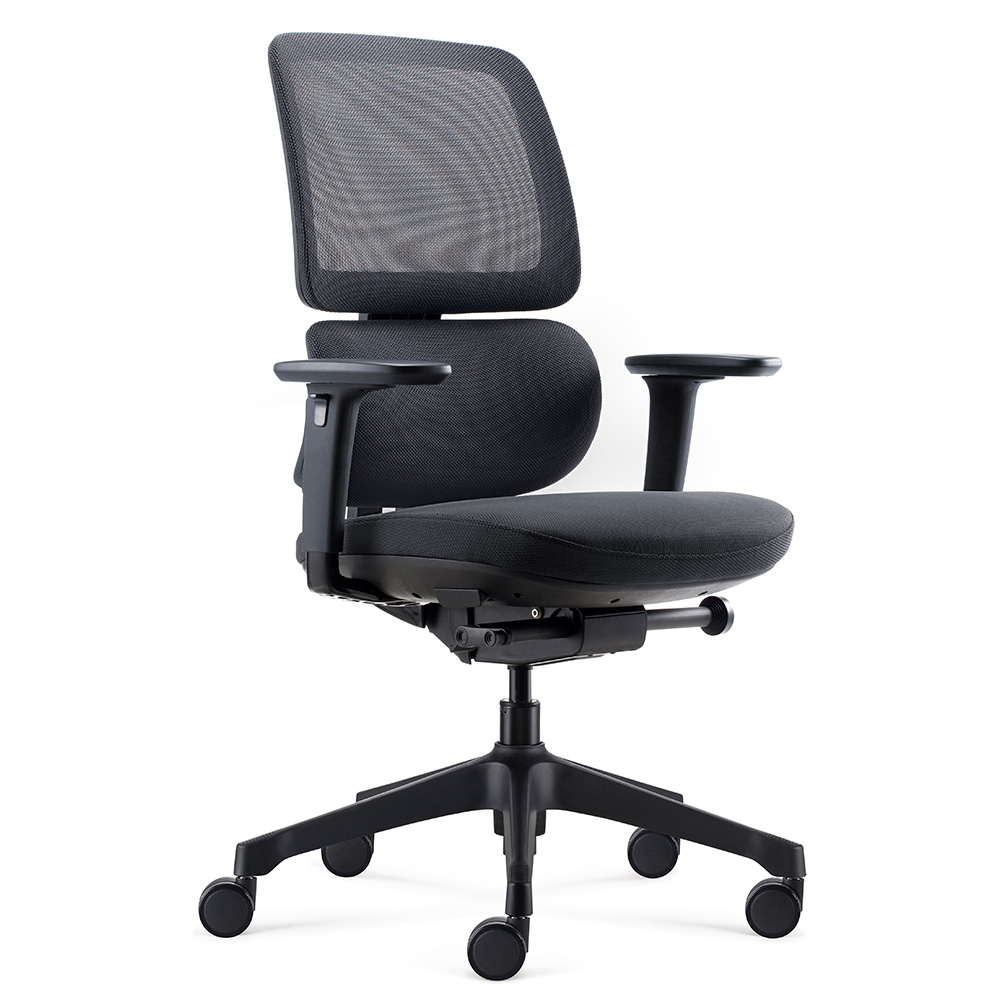Having a successful career is an important and necessary fact of life. Yet, for many people, achieving a healthy balance between job and personal life is something that’s getting harder and harder to achieve.
In a recent survey, Australians were found to be working an average of six hours of unpaid overtime every week, totaling of $106 billion of free work given to their employers every year!
This is a worrying trend that threatens the health and wellbeing of an already over-stressed workforce. Particularly now that working from home is the new normal, it’s natural to feel like work is intruding too heavily into your home life. Here are ten tips to put your career and private life back in balance:
1. Set Strict Email Rules
Constantly checking email is a massive time soak. If you’re making an audit of how you spend your time at work (and you should be!) email is the first place to check for inefficiencies. Many computer related tasks can be halved in time simply by closing mail apps and concentrating fully on the job at hand.
Set strict times each day to answer your emails in bulk, and watch your productivity soar.
2. Learn to Say No
With all that time you’ve freed up now you’re not incessantly checking your inbox, you’re in an ideal place to take on more projects.
Don’t do it!
If your work demands are high, don’t think twice about politely declining extra work. You aren’t furthering your career by taking on mountains of extra tasks. If anything, you’re simply adding an unnecessary level of expectation from your colleagues and superiors.
3. Work Smarter, Not Harder
Employing techniques like the Pomodoro Method, that splits work into manageable 20 minute chunks, can be a great way to get projects finished ahead of time. In addition, it’s important to remove other office distractions from your workflow. Pointless meetings or Zoom calls are one of the biggest saps of office productivity.
It impacts life outside the office too: The Mental Health Foundation found that when working long hours, 27% of employees feels depressed, whilst 34% felt anxious and 58% felt irritable.
4. Keep Home/Work Boundaries
This is harder if you’re working from home, but it’s important to keep a healthy work/home balance – even if the two are now in the same physical location. This isn’t just about not responding to texts and emails over the weekend, though that’s obviously vital to achieving balance, but more a case of learning to leave your work (and all the emotion tied up in it) at your workplace or home office.
Shut the door, take a deep breath and use your journey home to decompress. If you’re working from home, be sure to mentally switch off and remove yourself emotionally from your workspace. Don’t allow work to get a foot in the door of your home life.
5. Stop Seeking Perfection
That goes for work and family life.
Take a break from trying to achieve perfection in everything you do. The dishes don’t have to be done immediately, the washing doesn’t have to be perfectly folded.
And at work? You might be keen to impress your superiors, but not every project needs to be tackled like it’s your life’s work. Learn to strike a balance.
6. Leave Some Work for the Others!
Nobody likes a martyr. It’s easy to fall into the trap of shouldering the entire team’s work burden. That’s all well and good if the situation demands it, but don’t make a regular habit of taking on too much work and constantly complaining to anyone in earshot that you’re the one who “has to do everything around here”.
7. Dial Down the Intensity
Does it take 8 cups of strong coffee to give you the buzz you need to get through the day? Maybe you relish powering through your workload then hitting the gym after the office.
Constant surges of adrenaline aren’t doing your body any favours. They probably aren’t fostering a relaxed and meaningful home life either.
Learn to chill out and dial things back a notch.
8. Think About the Future
This serves two purposes. Firstly, thinking about your future helps you to realise that you’re not wedded to your career. You don’t have to work in the same job until retirement. Knowing that fact can help take off some of the pressure.
Secondly, taking a hard look at what the future might holds tends to focus the mind on other life interests. Achieving a good work life balance means a focus on relaxation, hobbies and meaningful pursuits.
9. Remember: You’re Not on Call 24/7
Once you’ve left the office, you’re under no obligation to answer work related emails, texts or phone calls at all. If you’re going to respond, make sure you don’t reply instantly each and every time. Doing so sets a precedent that you’ll end up feeling morally obliged to stick to.
10. Set Strict Rules
Finally, it’s important to set rules and boundaries that keep your home life and work life separate. Modern life and the prevalence of technology makes it easy for work related tasks to creep into your days and evenings off with that pernicious phrase “I’ll just quickly check my email”. Be disciplined and build a wall between the two worlds.
Achieving a healthy work life balance is more difficult than ever before. It takes strict rules, efficient working techniques and a careful eye on stress levels to achieve.
If improving your work life balance is going to involve a bit more working from home, make sure you’re set up for comfortable, efficient work with our range of office furniture:


